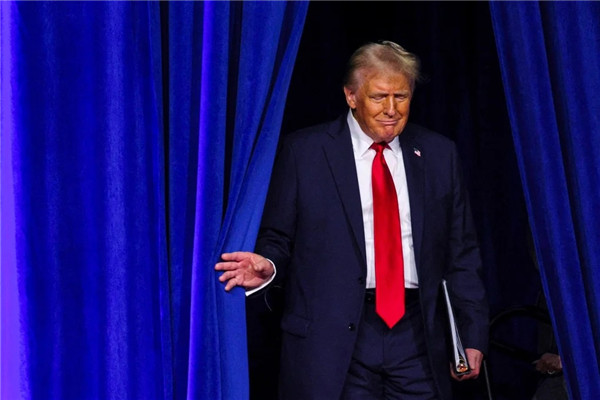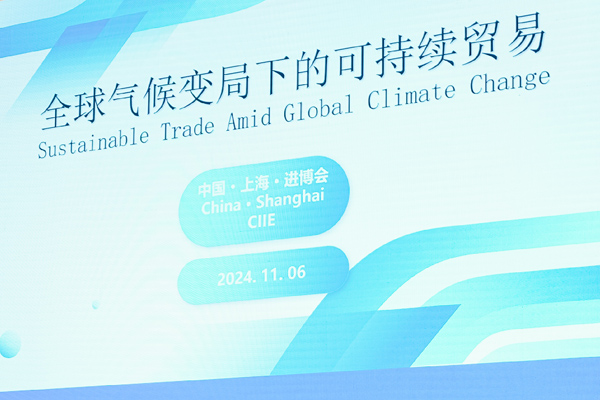【CGTN】China has better cards to tackle US trade provocations
September 26 , 2018With the trade war having a knock-on effect on agricultural commodity flows globally, the European Union has more than doubled its purchases of American beans in the season that began in July. /VCG Photo
Editor’s Note: The article is based on interviews with Zhao Zhongxiu, vice president of the University of International Business and Economics, and Harvey Dzodin, a senior research fellow at Center for China and Globalization(CCG).
The Chinese government released a white paper on the ongoing trade spats with the US on Monday. The paper clarified the economic and trade relationship between China and the US, demonstrated China’s stance on the trade frictions, and proposed reasonable solutions to the issue.
According to the white paper, Beijing-Washington economic ties affect not only the well-being of people from both countries, but also world peace, prosperity, and stability. China’s position is clear, consistent and firm that cooperation is the only good option for the world’s largest economies and a win-win approach to a better future.
The paper was released after Washington’s new tariffs on 200 billion US dollars of Chinese goods took effect on Monday. More than 5,700 items on the list include consumer goods, textile products, and electronic gadgets.

Experts believe Trump’s escalation of the trade war will only bring lose-lose results. “The Trump administration’s action is costing the American consumers and companies and will damage the global supply chain,” Professor Zhao Zhongxiu from the University of International Business and Economics told CGTN.
Zhao added that Trump’s purpose is to “put pressure on China and force American companies to move out of China,” which he argued, “will reshape the global production network.”
“Trump wants submission from China, but China will not capitulate and what Trump has done is only hardening China’s position,” Harvey Dzodin, a senior research fellow at the Center for China and Globalization, echoed Zhao. “Rather than extending an open hand, he has clenched fist to China,” Dzodin added.

It worth noting that while US imports from China amounted to approximately 500 billion US dollars in 2017, China only imported 130 billion US dollars of goods from the US the same year. Dzodin believed that “China may not have many cards to play, but it has better cards.”
Taking rare earth as an example, Dzodin said China makes many components for American companies and it would be very difficult for China to be replaced in the supply chain. Earlier, the White House quietly exempted China’s rare earth, an indispensable mineral in making mobile phones, computers and electric cars, from its original inclusion in the tariff hit list.
Moreover, given Washington’s growing services surplus with China, Dzodin believed that an escalation of the trade fight will put a huge dent on US tourism and educational institutions. “Those institutions need Chinese money. If China could influence its people not to spend all the money they’ve been spending, this will be a big blow to American companies,” Dzodin said.
Professor Zhao echoed that considering the irreversible trend of globalization, Washington’s tough trade measures against Beijing would only end up damaging its own competitiveness.
There are no winners in a trade war, experts warned. While China has been striving to open up its economy and collaborate with other countries under the Belt and Road Initiative, experts expressed their hopes for Trump to abandon protectionist practices. “Trump said trade wars are good and easy, but he should have known better if he knew its history,” Dzolin said.






